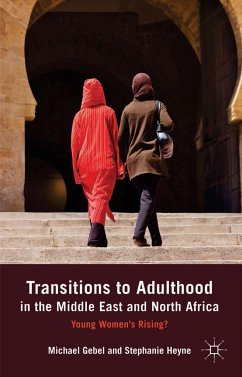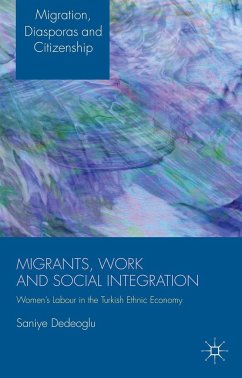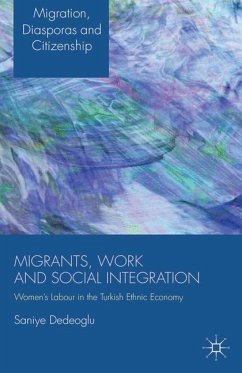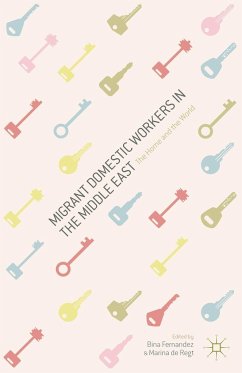
Transitions to Adulthood in the Middle East and North Africa
Young Women's Rising?
Versandkostenfrei!
Versandfertig in 6-10 Tagen
38,99 €
inkl. MwSt.
Weitere Ausgaben:

PAYBACK Punkte
19 °P sammeln!
This book identifies chances and barriers women face in their transition to adulthood in Egypt, Iran, Jordan, and Syria. Adopting a life course perspective, it provides a new integrative micro-macro-theoretical framework and innovative analyses of individual life courses based on longitudinal data.














